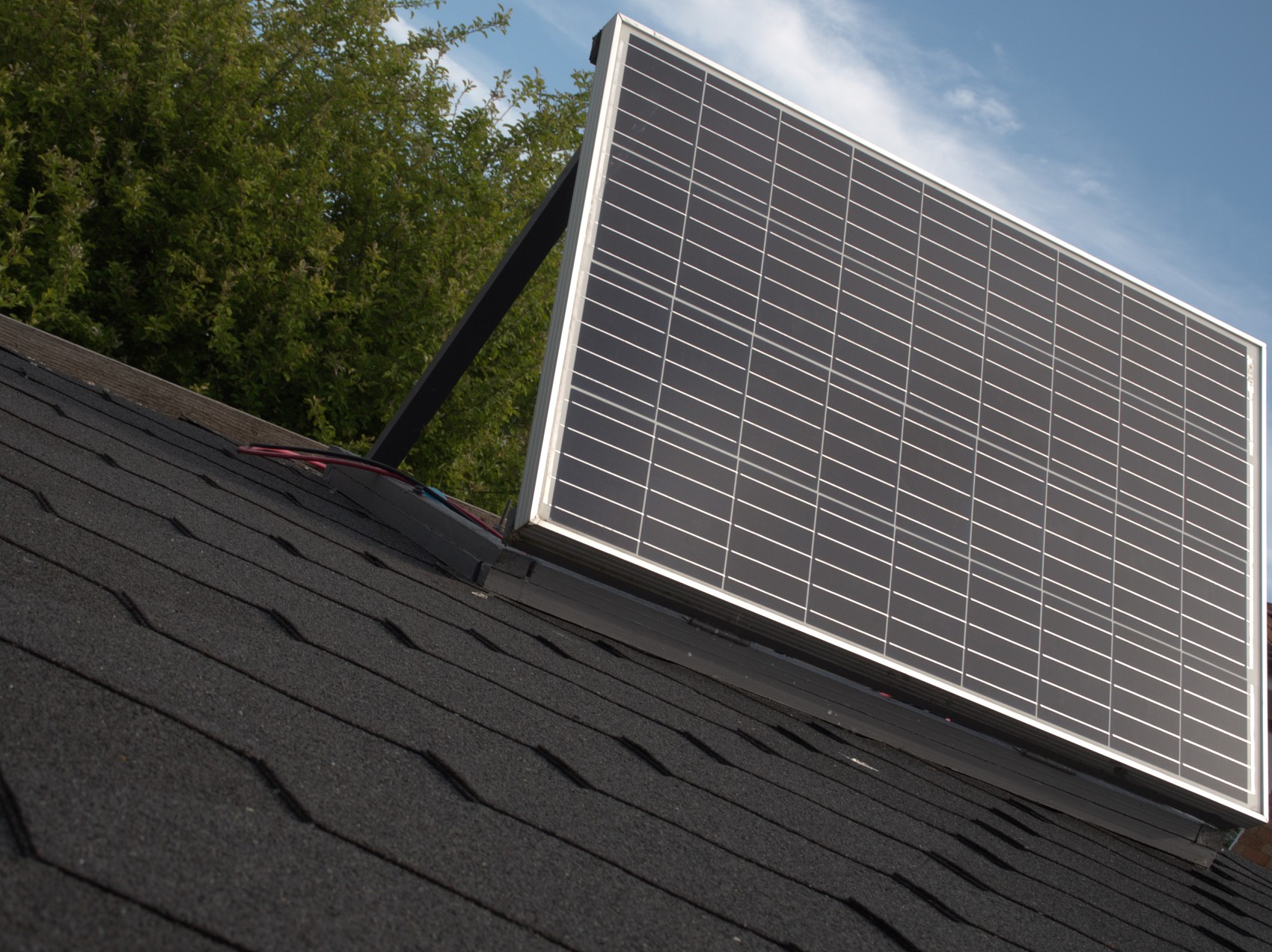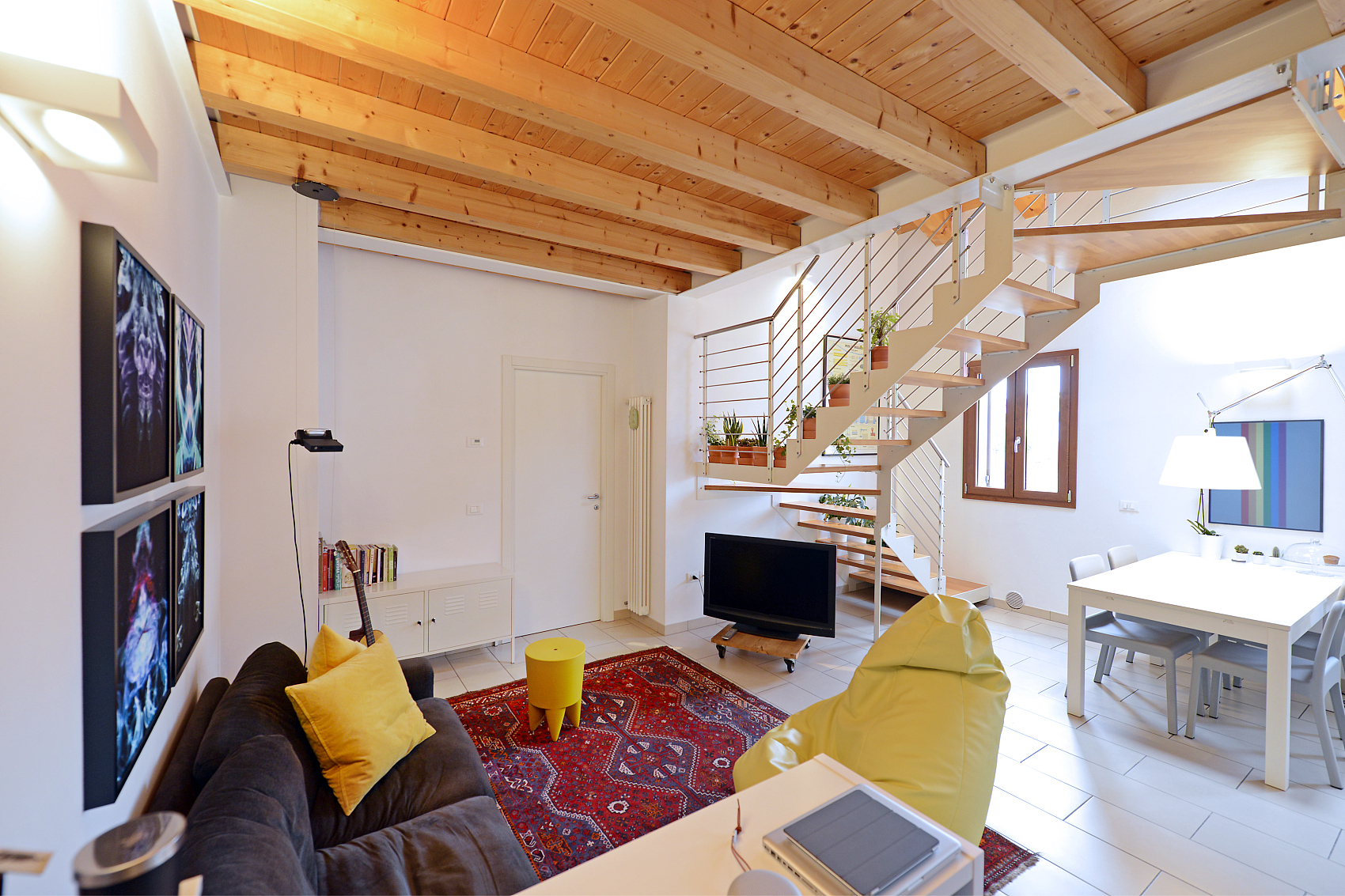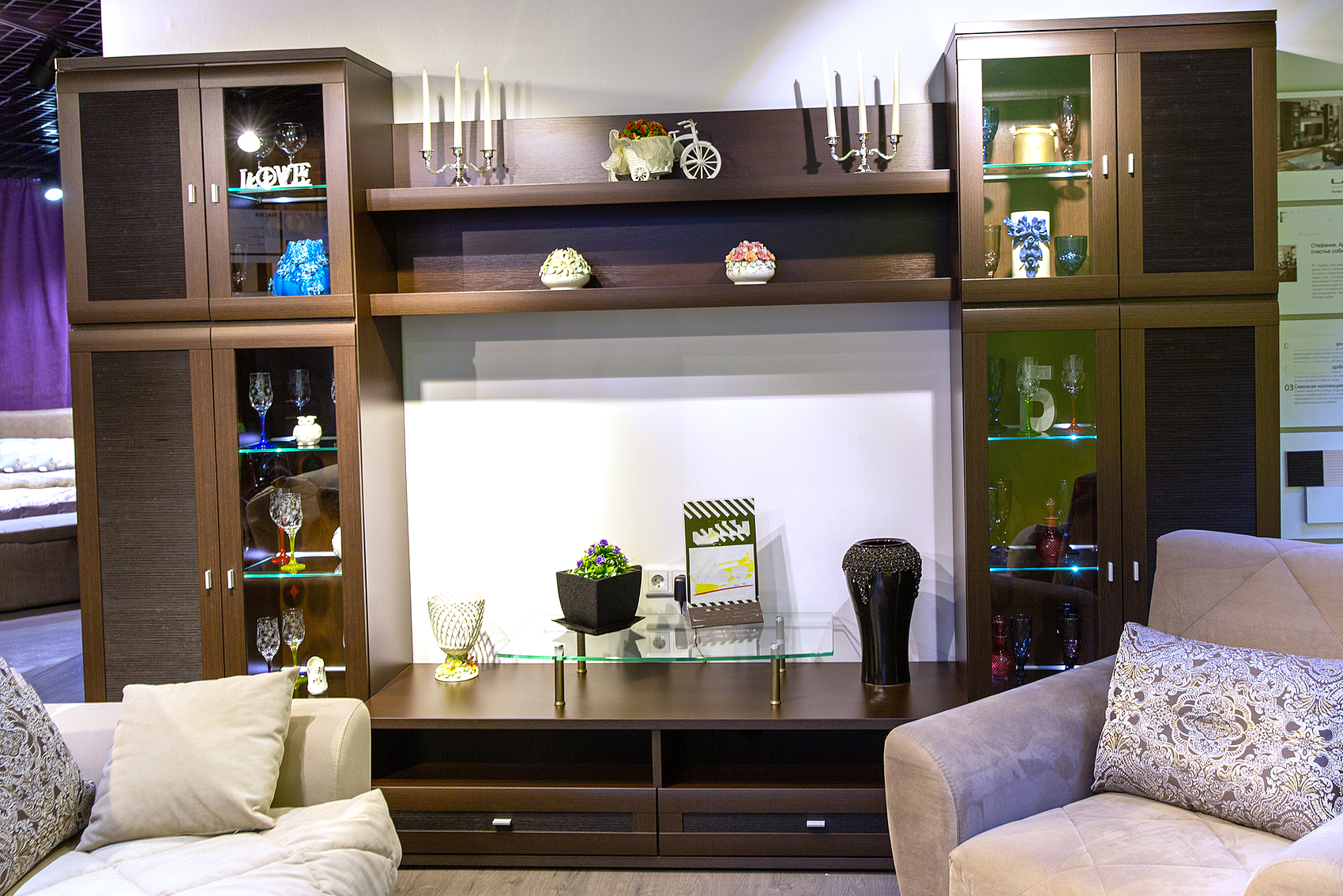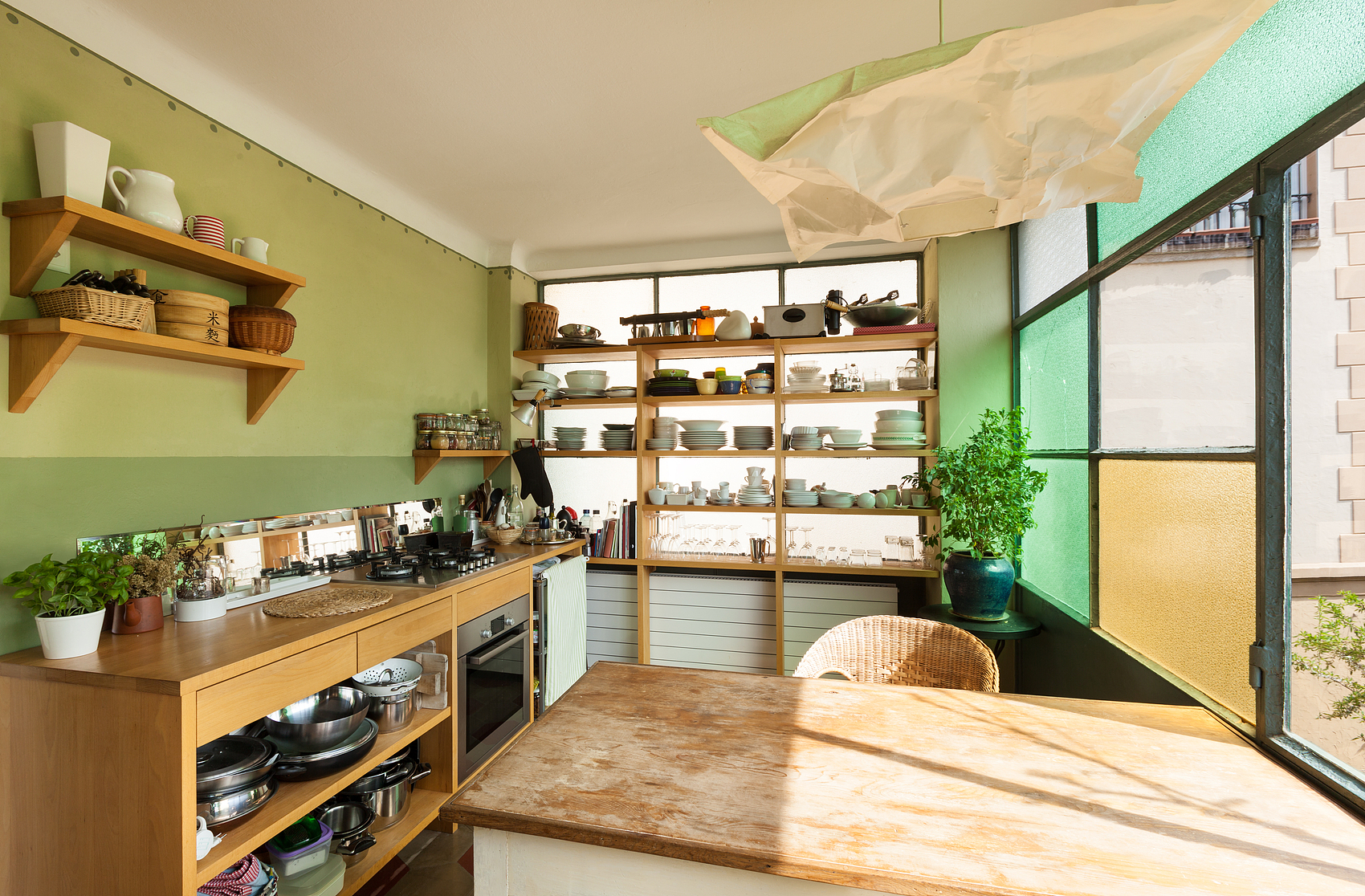Dehumidifiers are becoming more popular as people seek ways to keep their indoor environments comfortable and healthy. But if you’re thinking about running one all day, every day, you might be wondering how much it’ll cost you in terms of energy. In this post, we’ll dive into what dehumidifiers do, how they work, and break down the costs of running one continuously.
What Is a Dehumidifier?
A dehumidifier is an appliance designed to reduce humidity in the air. When the air in your home is too humid, it can lead to problems like mould, dust mites, and musty smells. A dehumidifier works by removing excess moisture, leaving the air drier and more comfortable to breathe.
Dehumidifiers come in all sizes, from small units for single rooms to larger ones capable of handling the humidity in basements or entire homes.

How Does a Dehumidifier Work?
Dehumidifiers help improve air quality by reducing moisture in the air, which can cause structural damage and create a breeding ground for allergens like mould spores and dust mites. They work by pulling in humid air, cooling it to condense the moisture into water droplets, and then releasing dry air back into the room.
This process not only reduces dampness but also creates a less hospitable environment for allergens. If you live in a humid area or one prone to condensation, a dehumidifier can be especially helpful.
How Much Energy Does a Dehumidifier Use?
The energy consumption of a dehumidifier depends on factors like its size, efficiency, and the humidity levels in your home. Dehumidifiers are usually rated by their wattage or how much energy they use per hour. Here’s a general breakdown:
- Small dehumidifiers (10-20 litres/day): 150–300 watts per hour
- Medium-sized dehumidifiers (20-30 litres/day): 300–500 watts per hour
- Large dehumidifiers (30+ litres/day): 500–700 watts per hour
Newer models with better energy efficiency ratings (called Energy Factor or IEF) tend to use less energy, which can save you money in the long run.
What Does It Cost to Run a Dehumidifier 24/7?
To calculate how much it costs to run a dehumidifier continuously, use this formula:
Cost (£) = (Wattage x Hours of Use x Electricity Rate) ÷ 1,000
Let’s assume the electricity rate is £0.34 per kWh (based on 2024 UK averages):
- Small dehumidifier (200W):
- 200W x 24 hours x £0.34 ÷ 1,000 = £1.63/day
- Monthly cost: £1.63 x 30 = £48.90
- Medium dehumidifier (400W):
- 400W x 24 hours x £0.34 ÷ 1,000 = £3.26/day
- Monthly cost: £3.26 x 30 = £97.80
- Large dehumidifier (600W):
- 600W x 24 hours x £0.34 ÷ 1,000 = £4.90/day
- Monthly cost: £4.90 x 30 = £147.00
These estimates can vary based on your unit’s power usage and how often it runs.
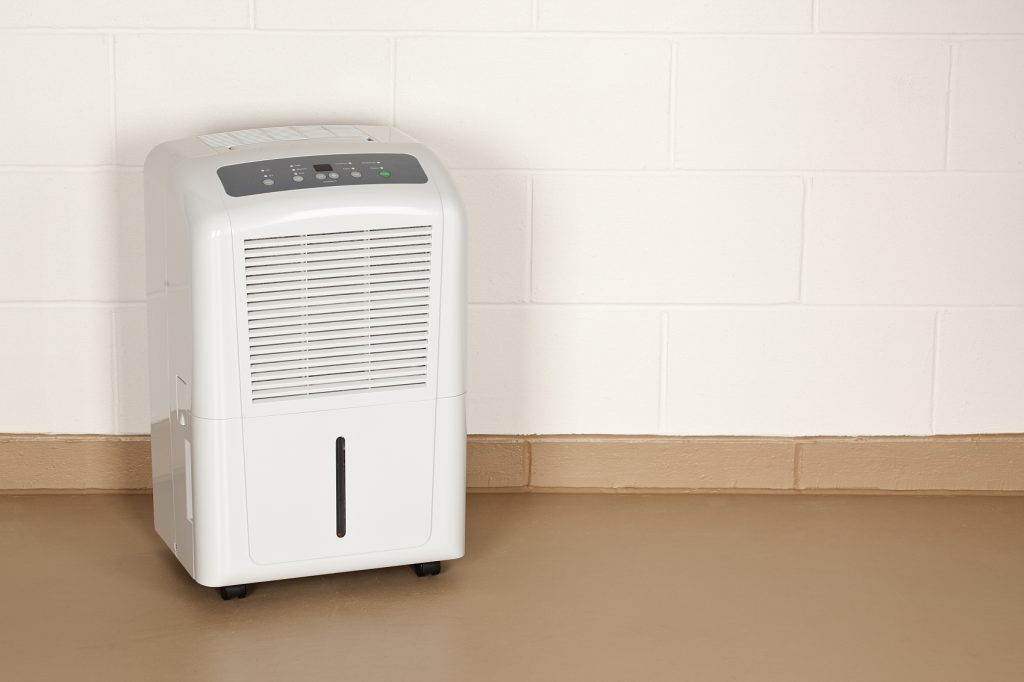
Tips for Lowering Your Dehumidifier’s Running Costs
- Choose an energy-efficient model: Look for units with high IEF ratings or Energy Star certifications.
- Use it wisely: Rather than running it 24/7, try using it only when the humidity is highest.
- Regular maintenance: Clean the filters and ensure proper airflow to keep it running efficiently.
- Timers and smart controls: Set the dehumidifier to run during specific hours to save energy.
Is It Worth Running a Dehumidifier All Day?
While running a dehumidifier around the clock can get expensive, it can be worth it if you live in a damp home where it helps prevent mould and improves air quality. If you don’t need continuous operation, try setting it to run at intervals to balance comfort and cost.
The overall cost of running a dehumidifier depends on the model you choose, how efficiently it operates, and your local electricity rates. By selecting the right unit and using it strategically, you can enjoy the benefits of a healthier home without skyrocketing energy bills.



